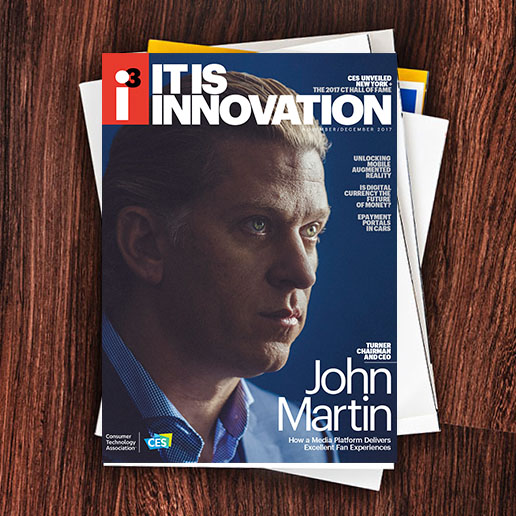Fewer accidents and injuries caused by aggressive driving or DUIs
According to The National Highway Traffic Safety Administration (NHTSA), more than 35,000 people were killed in traffic accidents in 2015, and traffic fatalities went up by 10.4 percent in the first half of 2016. Ninety-four percent of U.S. traffic accidents are caused by human error. With self-driving technology, human error will no longer be an issue, making our roads much safer for our families and us.
More savings on car-related expenses
The costs of insurance, repairs, licensing and even the time spent in traffic or finding parking can add up. The time and gas spent commuting just in urban areas comes to $160 billion each year. A Ruderman Family Foundation report expects that self-driving cars will produce $1.3 trillion in savings from increased productivity and decreased gas expenses and accidents. SDVs could also lead insurance companies to lower premiums by 40 percent or more, according to multinational insurance agency Aon.
More mobility options for people with disabilities
Self-driving cars will open up more possibilities for the 20 to 30 million Americans of driving age whose physical disabilities have prevented them from driving, as well as the 16 million Americans over the age of 65 who have little or no access to public transportation. Self-driving technology will allow millions of our peers to explore and participate in community life in ways that simply weren’t possible before, as well as join the workforce and better support the local, state and national economies.
Our policymakers also recognize the benefits of self-driving technology for Americans. In September, the House of Representatives passed H.R. 3388, also known as the SELF DRIVE Act of 2017, to deal with the patchwork of rules and regulations acting as a speed bump to testing self-driving cars’ full potential.
Thanks to the leadership of Chairmen Greg Walden (R-OR) and Bob Latta (R-OH), Ranking Members Frank Pallone (D-NJ) and Jan Schakowsky (D-IL), and Debbie Dingell (D-MI), we now have a clearer and more efficient regulatory environment in which to safely develop, test and deploy innovative self-driving technology.
The legislation also provides more direction on the proper roles of state and federal governments in regulating selfdriving cars and improves NHTSA’s ability to adapt federal safety standards to self-driving technology. These much-needed changes signal that our policymakers are ready to give American consumers what they want: a green light for self-driving vehicle technology.
At CTA, we are encouraged by NHTSA’s updates to the Federal Automated Vehicles Policy (FAVP). The administration’s new state legislative recommendations encourage a uniform, “technology-neutral” approach to selfdriving cars in which SDVs are treated as regular vehicles by states. The process is a win for both companies and consumers by respecting the sensitivity of proprietary IP information while ensuring timely access to the self-driving technology that Americans want.
There is an exciting road ahead for self-driving cars and self-driving technology. Luckily in this regulatory environment, it won’t be long before we can enjoy the benefits of SDVs.

i3, the flagship magazine from the Consumer Technology Association (CTA)®, focuses on innovation in technology, policy and business as well as the entrepreneurs, industry leaders and startups that grow the consumer technology industry. Subscriptions to i3 are available free to qualified participants in the consumer electronics industry.